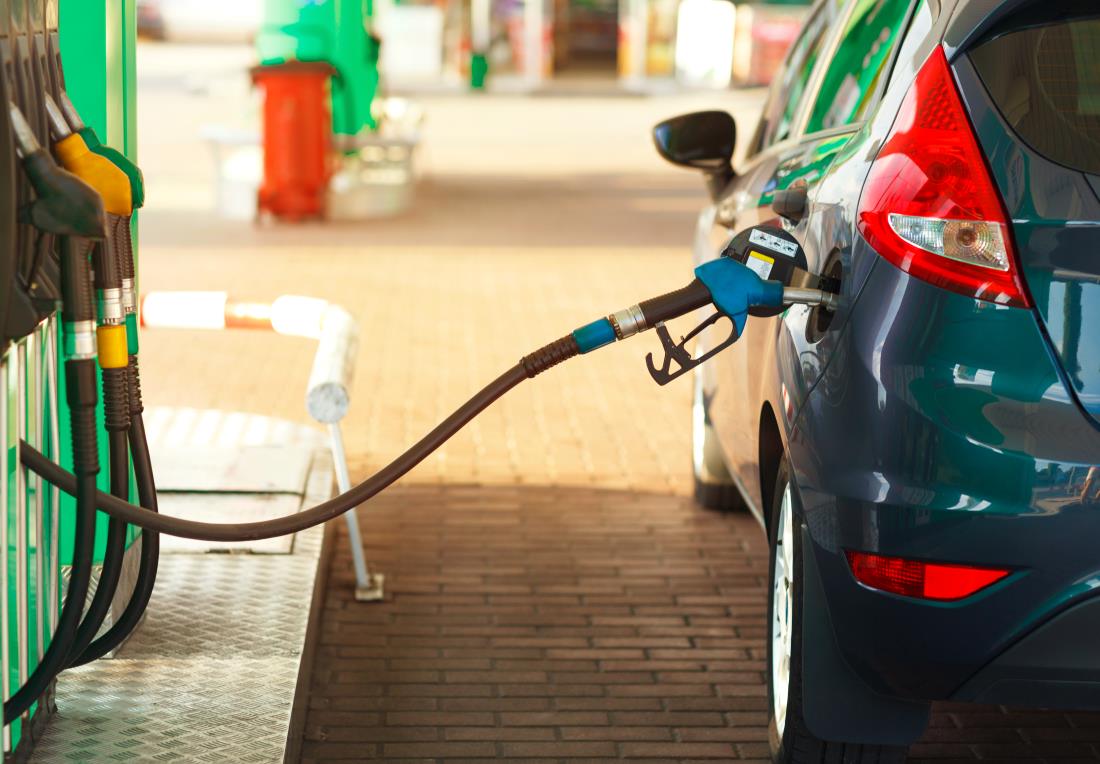9000+ Cashless Garages
1.2 Cr+ Policies Sold

9000+ Cashless Garages
1.2 Cr+ Policies Sold



Car insurance Online, Up to 90% Discount
It's a Brand New Car

If the dilemma of petrol or diesel cars - which one will be suitable for you - has been overpowering your thoughts, this guide is for you.
Here, we will focus on the key difference between petrol cars and diesel cars that will help you decide the correct variant. We will also discuss when one is preferable over another and why.
So, let’s start this test drive and see who wins the petrol vs diesel car race!
The definition of petrol and diesel cars is easy to understand. Wondering how? Read along!
A vehicle that features a petrol engine (has internal combustion with spark ignition) and runs on petrol is called a petrol car.
On the other hand, diesel cars use internal combustion engines, have a compression-ignited injection system, and run on diesel.
Here are the top 5 cars with both petrol and diesel engine options available in India.
|
Model |
Petrol Version (Ex-Showroom Price*) |
Diesel Version (Ex-Showroom Price*) |
|
Tata Altroz |
₹6.60 lakh onwards |
₹8.80 lakh onwards |
|
Tata Nexon |
₹8.10 lakh onwards |
₹11 lakh onwards |
|
Hyundai Creta |
₹10.87 lakh onwards |
₹11.96 lakh onwards |
|
Kia Seltos |
₹10.90 lakh onwards |
₹12 lakh onwards |
|
Mahindra XUV700 |
₹14.03 lakh onwards |
₹14.47 lakh onwards |
Note: All prices here are the ex-showroom price in Delhi.
As the basic idea of petrol or diesel cars is clear to you, let’s learn about the differences between these variants.
|
Basis |
Diesel |
Petrol |
|
Mileage |
Diesel cars provide increased mileage. A diesel engine does not require a spark plug and hence has a higher compression. This enables diesel-powered vehicles to utilise fuel to the maximum level. |
Petrol cars offer less mileage. |
|
Power |
Cars powered by a diesel engine have a longer stroke (requires more compression to burn), allowing it to rev less and put a high amount of torque for an engine of similar size. |
Cars powered by a petrol engine have a shorter stroke, which lets them rev more and place more power. |
|
Car Price |
Diesel variants are a bit expensive. |
Petrol variants are less expensive. The showroom price between diesel and petrol variants ranges from ₹1- ₹1.5 lakh. The difference in the case of on-road prices also increases as the registration cost of a diesel car is higher than that of a petrol car. In general, there is a 1%-3% difference. This depends on the vehicle cost and the state from where the vehicle is purchased. |
|
Cost of Fuel |
The rates vary from one state to another. The diesel rate is ₹85.01 per litre (as of 12th November 2021). |
The petrol rate is ₹100.58 per litre (as of 12th November 2021). |
|
Resale Value |
The price for resale is high. |
The resale price is low. |
|
Car Insurance |
As the cost of diesel cars is high, insurance costs automatically go on a higher side. The difference can range from 10%-15%. |
The amount of car insurance is less for petrol cars as the car price is lower than diesel cars. |
|
Pollution |
Diesel cars produce less carbon dioxide and more pollutant particles, hence causing more harm to the environment. |
Petrol cars generate more carbon dioxide but fewer pollutant particles, hence causing less harm to the environment. |
|
Noise |
Diesel variants produce excessive noises. |
Diesel variants produce less noise. |
If you travel long distances frequently, a diesel car is preferable. If longevity is your priority, a diesel car holds the top position. When choosing a diesel car in India, other factors to consider are:
If your daily travelling is confined to intra-city, meaning you have to travel short distances, a petrol car is preferable to a diesel car. Further, if you have a budget constraint, a petrol car can be a good option. When buying a petrol car in India, other factors to consider are:
|
Fuel Type |
Price in Delhi |
|
Petrol |
₹96.72 per litre |
|
Diesel |
₹89.62 per litre |
Note: Prices sourced from Indian Oil Corporation as of December 16, 2023.
An important note here. When buying a petrol or diesel car in India, securing car insurance is crucial as it is mandatory by the Motor Vehicles Act of 1988. It provides financial protection against accidents, theft, and damage, safeguarding your investment.
Having car insurance also saves you from hefty traffic fines, license suspension and even legal trouble.
Read the elaborate discussion on the petrol vs diesel car and find a suitable variant for you!